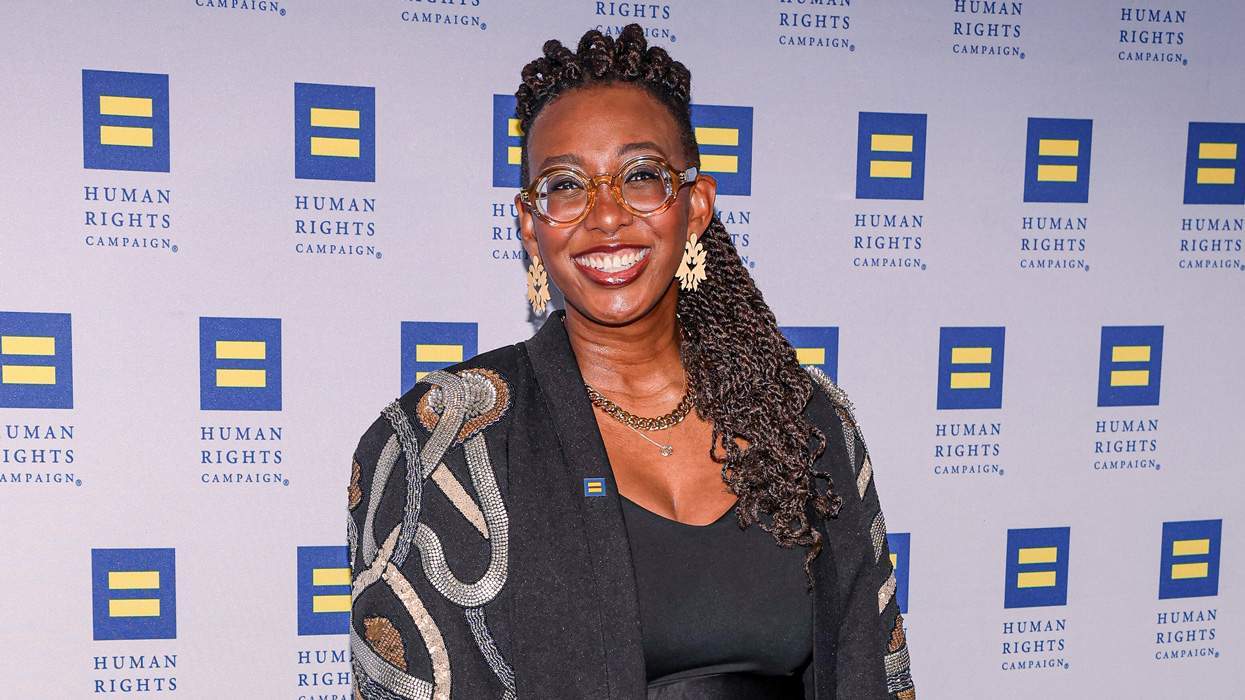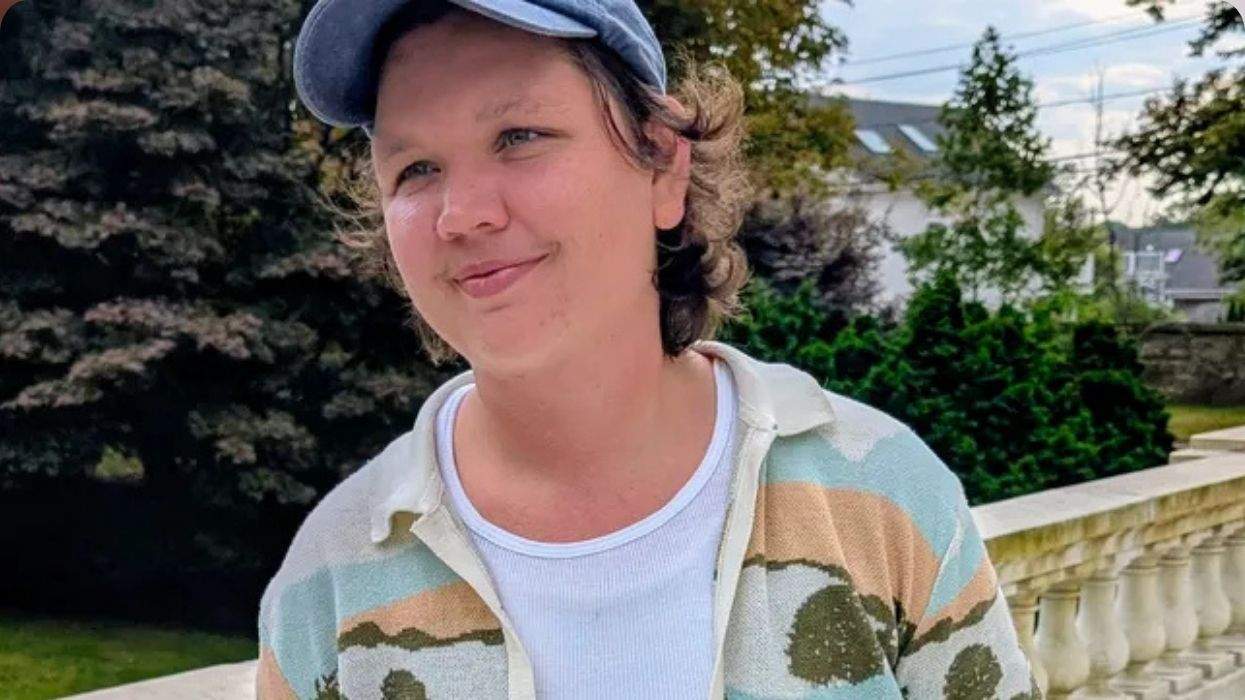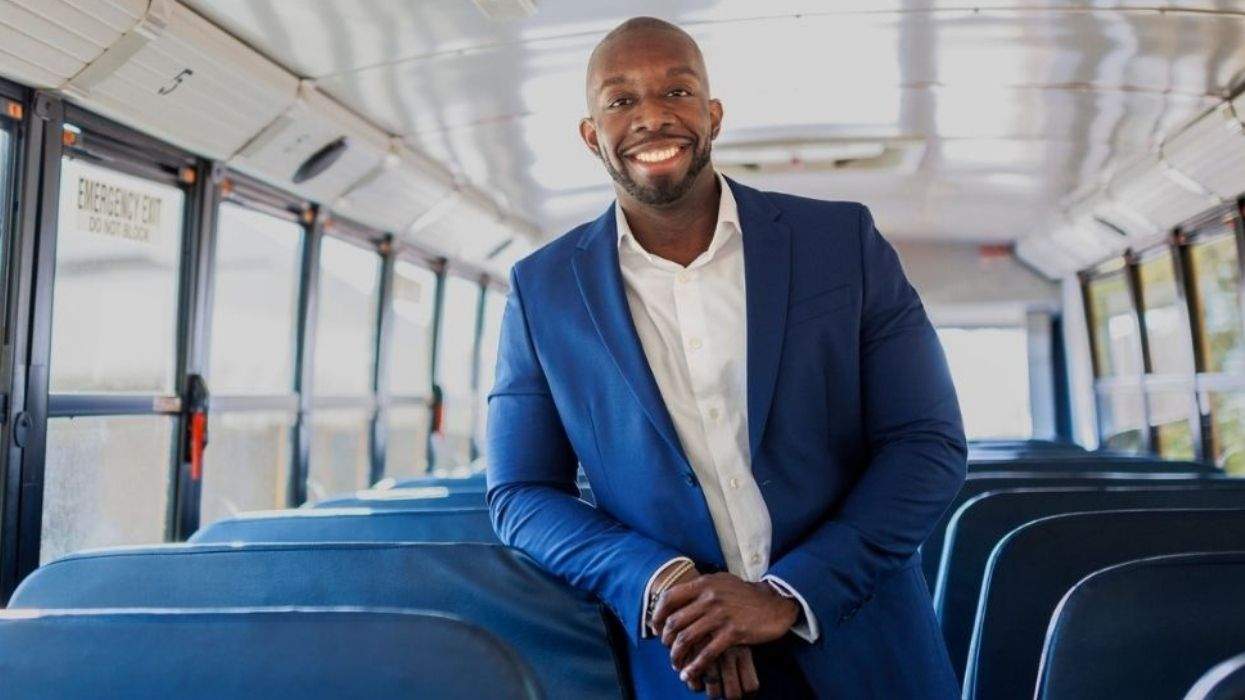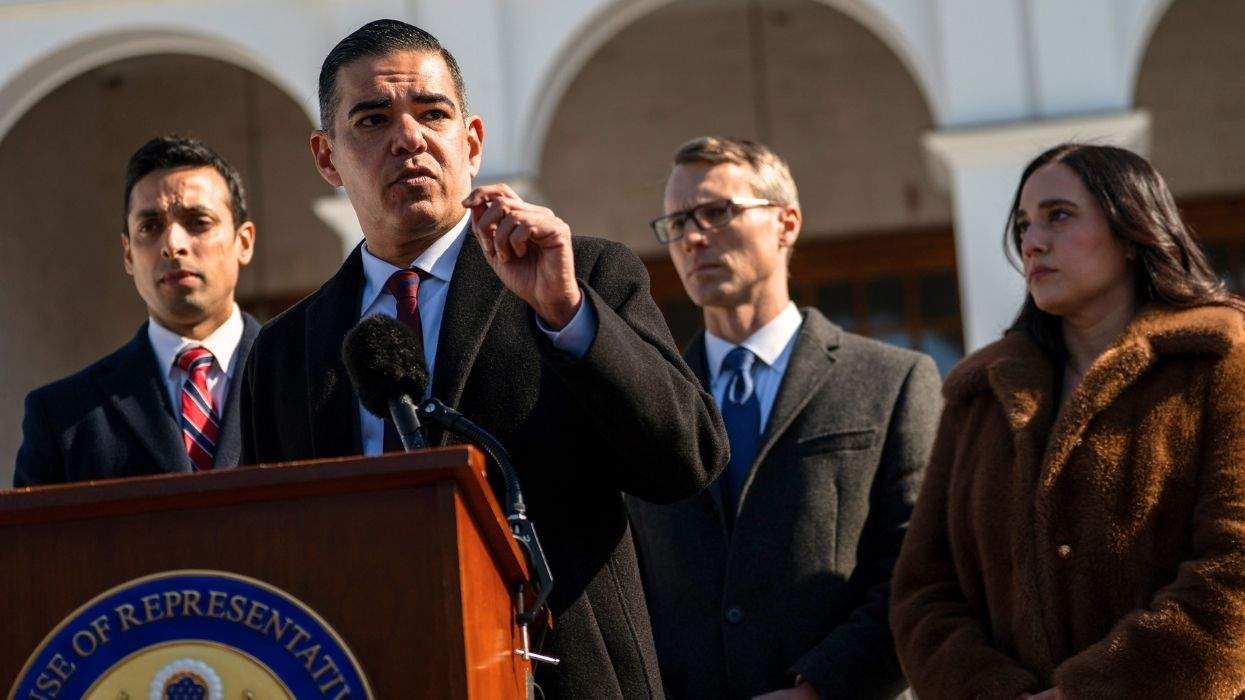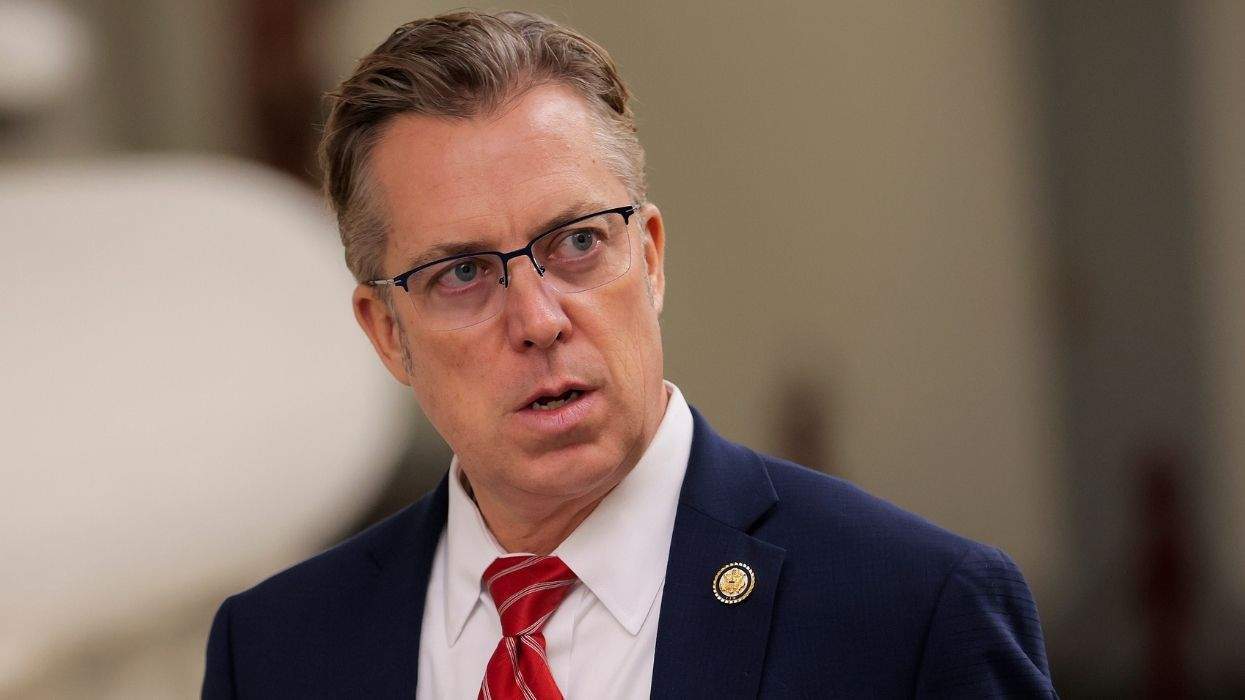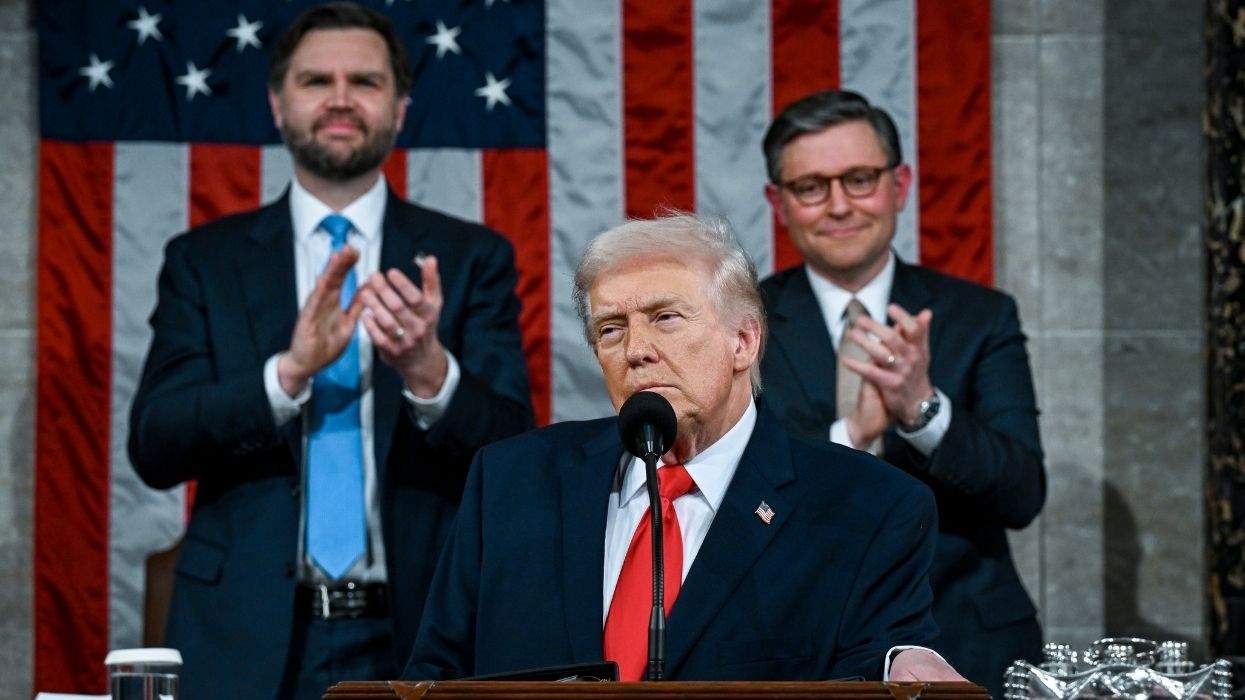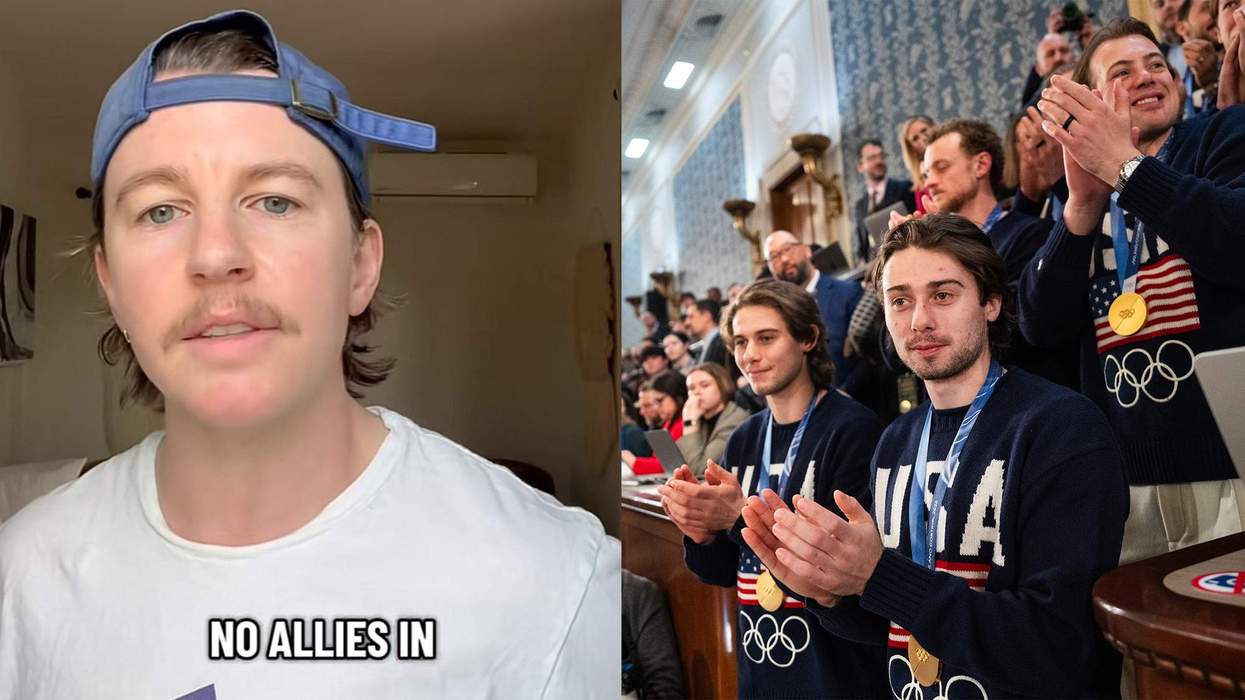The dominoes continue to fall for serial sexual harassers, and now a senior vice president of news and editorial director for NPR, Michael Oreskes, has been placed on indefinite leave while the public broadcasting company investigates claims from two women who accused him of "unwanted physical contact" with them when he was the Washington bureau chief of The New York Times in the '90s, The Washington Post reports.
The women who've come forward in separate complaints accused Oreskes of abusing his power at the Times to lure them to meet him for a discussion about job prospects and then interrupting their attempts to speak to him about working for the paper by kissing them on the mouth and shoving his tongue inside, according to the Post.
"We take these kinds of allegations very seriously. If a concern is raised, we review the matter promptly and take appropriate steps as warranted to assure a safe, comfortable and productive work environment. "As a matter of policy, we do not comment about personnel matters," a spokesperson for NPR told the Post.
Both women spoke of Oreskes promising to review their work for possible positions at the Times and to offer career advice before he made sexual advances toward them. One of the women said he offered to meet her at the Watergate Hotel, where he would buy her lunch from room service, which she declined. However, at a later date, she agreed to share a cab with him to the airport when she was headed to New York for a job interview. At the end of the ride, Oreskes shoved his tongue in her mouth, she said.
"The worst part of my whole encounter with Oreskes wasn't the weird offers of room service lunch or the tongue kiss but the fact that he utterly destroyed my ambition," she told the Post of the long-lasting effects of the encounter.
The two women, who said they were motivated to come forward after watching NPR cover the harassment and sexual abuse claims against Harvey Weinstein that have proliferated since the beginning of the month, spoke to officials at NPR a couple of weeks ago. They gave interviews to the Post on the condition of anonymity so as not to damage any current job prospects.
"The idea that he's in charge of that coverage is just so hypocritical to me," one of the women said about her decision to come forward with allegations about Oreskes. "It's sickening. I want to say: 'You owe me ... a public apology. You should recuse yourself'" from NPR's coverage of harassment.


